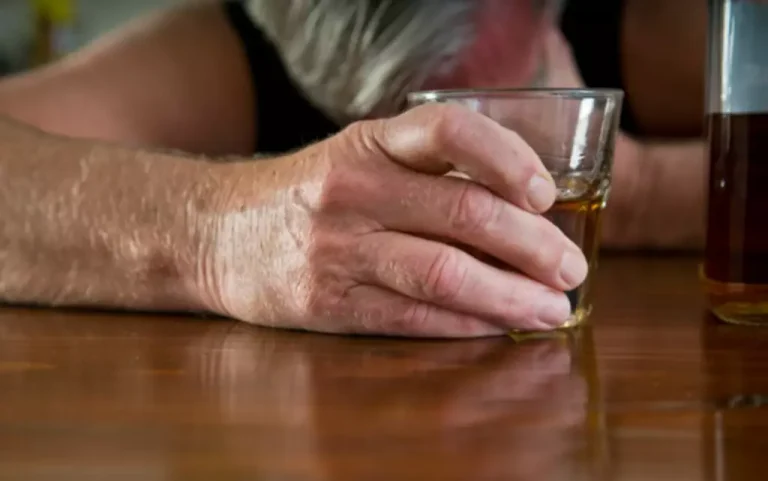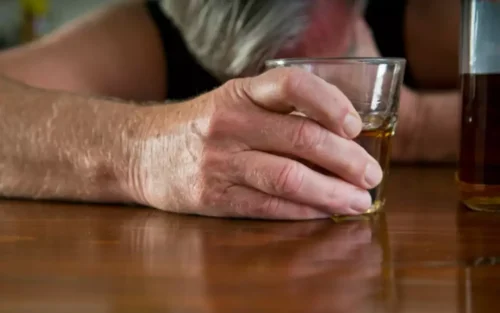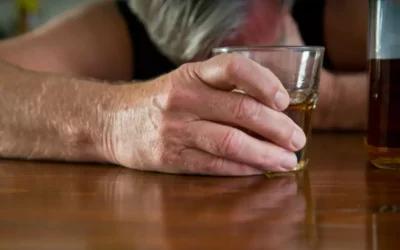How to Quit Drinking without Alcoholics Anonymous: Self-Help

Additionally, Secular Organizations for Sobriety (SOS) offers a community-focused approach, emphasizing personal responsibility and providing peer support grounded in scientific research rather than spiritual frameworks. Women for Sobriety is uniquely designed to meet the needs of women in recovery, promoting emotional support within a non-religious context, thus enhancing their overall recovery experience. LifeRing recovery is another relatively popular alternative to 12-step programs that people often a.

Embracing Self-Help Approaches
- Several ways exist for people looking for information on quitting drinking without AA.
- Listening to others’ stories is powerful, but there’s only so much we can handle when it comes to looking at how things fall apart.
- Either way, if you find yourself avoiding AA because you don’t want to quit drinking completely, this is a good solution to look into—and there are many ways to access it.
Whether you are struggling with addiction, mental health or both, our expert team is here to guide you every step of the way. Don’t wait— reach out today to take the first step toward taking control of your life. Warren is a Licensed Master Social Worker, who specializes in substance abuse and mental health treatment. Clinically, Warren has developed a therapeutic skillset that utilizes a strengths-based perspective, Twelve Step philosophies, Cognitive Behavioral Therapy and Motivational Interviewing. Take action to care for yourself, rely on a support system, seek help from therapy, distance yourself from difficult situations, and https://ecosoberhouse.com/ use exercise and healthy eating to stay sober when you don’t want to. The primary advantage of Naltrexone is its ability to decrease cravings for alcohol and aid in avoiding relapse.
How to Address Shame and Embarrassment in Addiction Recovery
Those with a disorder might internalize the stigma, which can exacerbate their substance-use cycle. They might also be less likely to access help because of how they think they will be perceived, and sometimes managers and institutions develop policies that are not appropriate for dealing with these conditions. When Victoria Burns told her dean at the University of Calgary in Canada that she was in recovery from alcohol-use disorder, he said she was only the second staff member to come forward in his 26 years in the position. One reason for this, says Marissa Edwards, an organizational psychology researcher at the University of Queensland in Brisbane, Australia, is that universities and academics are uncomfortable talking about these disorders. “Addiction is still one of those last taboo topics that is not really shared or discussed,” she says. We understand the challenges of this stage of life, and our program is specifically built to serve the mid-life adult in a meaningful and individualized way.
How do you stay sober when you don’t want to?
- Naltrexone is a prescription medication that immediately reduces the “buzz” of alcohol and curbs cravings in the long term.
- Most of these programs are free to join, with the only requirement being that individuals struggling with addiction wish to achieve and maintain abstinence.
- Open communication channels keep you accountable and foster understanding among loved ones regarding your struggles.
- It can even reduce pain, anxiety, and alcohol cravings, according to a 2018 review of mindfulness research as it relates to AUD (8).
It’s the first step towards recovery, preparing your body for further treatment. Sober living programs are a great alternative for those seeking a structured environment to support their recovery. According to research, these programs can be incredibly beneficial for long-term sobriety. The blog post further explores recovery without aa effective ways to deal with potential relapses, emphasizing recognizing triggers and managing them strategically.
Breaking the Cycle: The Role of Codependency in Substance Abuse

Gone are the days when therapy meant lying on the couch and talking about our dreams. These days, science-based therapeutic approaches provide practical coping strategies, support, and understanding of AUD. And drug addiction since what works for one person might not work for another, there are many different types to choose from. They include therapy, motivational coaching, other support groups, mindfulness-based approaches, online alcohol support groups, and alcohol reduction apps such as Reframe. Women also take responsibility for their own actions, understanding that each person is in control of their own happiness, and each woman is worthwhile and competent.

The Importance of Financial Stability in Addiction Recovery

It’s important to surround yourself with positive influences and seek help when needed. It requires dedication, commitment, and a willingness to seek out alternative methods of support. Remember that Recovery is a journey, not a destination, and it’s okay to stumble along the way. One effective way to stay sober is to develop coping mechanisms that work for you. Coping mechanisms can be anything from meditation to hobbies, such as painting or playing an instrument. Moderation Management is a program that focuses on helping individuals reduce their alcohol consumption to a moderate level or quit altogether.

